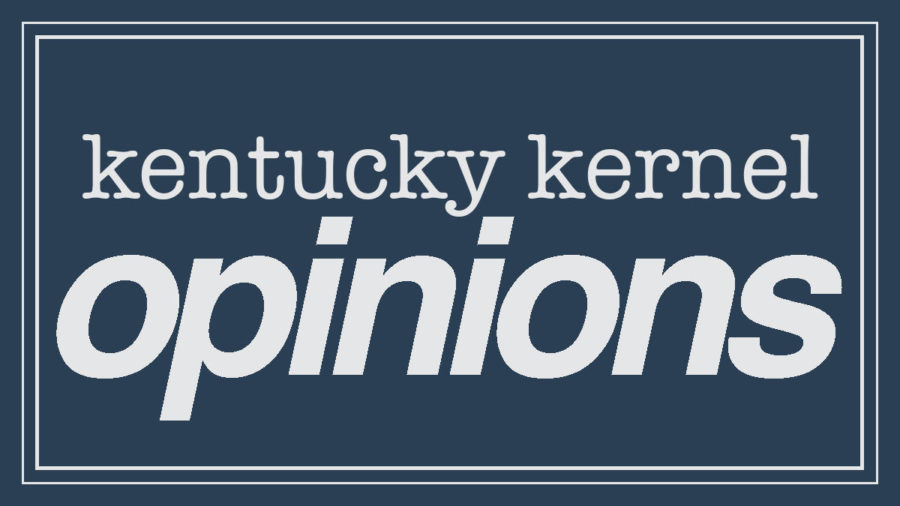What it means to be Muslim: a response to the New Zealand mosque shooting
March 18, 2019
Anger. Sadness. Frustration.
On Friday, a white supremacist opened fire at two mosques, killing 50 and injuring over 20 others. So far, the youngest of the victims was only three years old. I cannot begin to describe how the past few days have been for me and for Muslims around the world, especially the Muslims in New Zealand.
I keep seeing social media posts about how “shocked” everyone is; shocked that someone could hate Muslims this much, shocked that this could happen in New Zealand. But the reality is that, sadly, none of this is shocking. Islamophobia is a very real threat and has exponentially increased worldwide since 9/11.
Muslims are being held in concentration camps in China. A genocide was committed against Rohingya Muslims in Myanmar, where soldiers tore children from their mother’s hands and threw them into fires. A little over two years ago in Canada, a white supremacist shot up a mosque, killing six. These are just some of the larger scale attacks against Muslims. There have been stabbings and mosques have been vandalized and bombed– not to mention the verbal abuse Muslims have faced as well.
All of these attacks were committed by non-Muslims. Yet, we do not ask every Chinese person to condemn the concentration camps. We do not ask every Israeli to condemn the bombings. We did not ask every Rakhine Buddhist to condemn the genocide. We did not ask every white Canadian to condemn the mosque shooting. Not only are Muslims asked to condemn every act of terror committed by ISIS or other extremists, but we are asked to prove our humanity even when we are victims.
Reading some of the comments on the news articles about the New Zealand shootings made me sick. Some people were happy that this many Muslims were killed. A politician from Australia had the audacity to blame the increase of immigration to New Zealand as a reason for the attack. Racist and islamophobic comments like these by politicians not only go unchecked, but contribute to islamophobia — and these politicians receive no consequences.
The president of the U.S. called for a ban on Muslims in 2017, a version of which is still in effect. He also said, “I think Islam hates us.” Senator Ted Cruz called for “law enforcement to patrol and secure Muslim neighborhoods before they become radicalized.” Senator Lindsey Graham said, “if I have to monitor a mosque, I’ll monitor a mosque.” All three people are still in the government and received no consequences for their words and beliefs.
Islamophobia is so normalized that it is in fact built into our vocabulary. Many politicians and pundits talk about “Judeo-Christian values.” Despite the fact that Judaism, Christianity and Islam are all Abrahamic faiths, the west only ascribes itself to “Judeo-Christian” values. Nothing about Islam is contrary to those values. Yet, we Muslims are excluded from this narrative, despite having a large presence in the West. The term “moderate Muslim” is another one. Why do you need the adjective “moderate” in front of Muslim? Is there something inherently wrong or extreme with being Muslim?
Being a Muslim means living in a world where hate against you not only is normalized, but goes unchecked. Being Muslim means constantly having to prove your humanity in order to prevent people from killing you. Being Muslim means writing articles like this in defense of your religion, since no one else will. Writing for the Kernel, some of my articles have had comments telling me to “go back where I came from.” I was born and raised in Kentucky. I am a law-abiding citizen. I love watching The Office. I have an unhealthy obsession with Reese’s Peanut Butter Cups and Bubble tea. But why should I have to tell you all of these things just to prove my humanity?
I should not have to explain all of my Western approved attributes in order to be accepted. The fact that I even have to write this article– to express how utterly scared, sad, angry and upset I am– is testament to the fact that until we raise our voices and express our anger, no one takes us seriously. Even though we are everywhere. We are janitors, doctors, teachers, artists. We are a part of society; we deserve to be treated as such. We deserve respect, acceptance and love.
We deserve not to be killed.




















































































































































